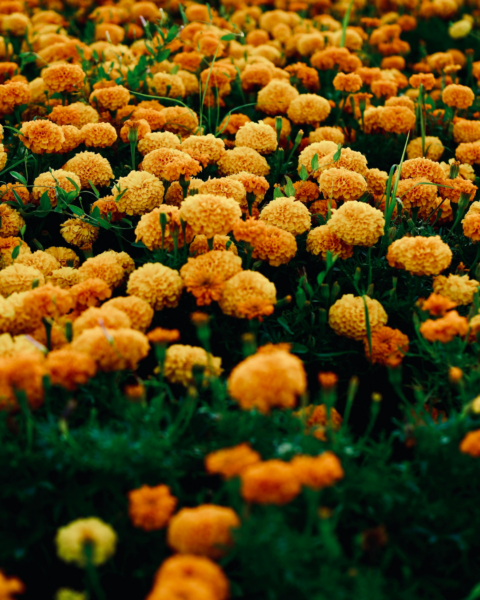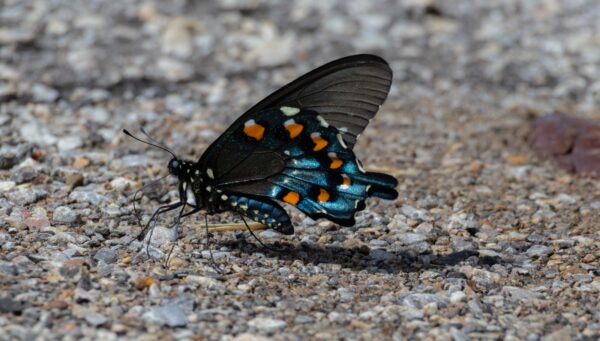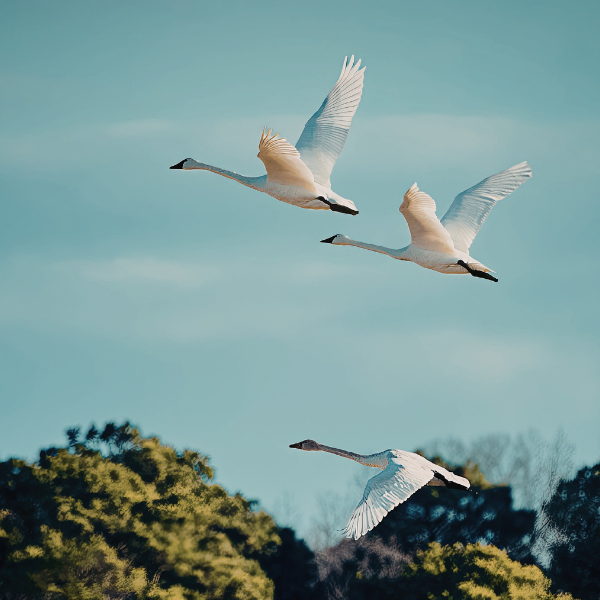When my mother died I felt let down by my church. It wasn’t even so much my particular parish—we had only been in Seattle a couple of months—as it was the lack of rituals for grieving in the Christian tradition as a whole. Certainly the funeral was comforting. Even the month of the dead, which so happened to start twelve days after her death, offered its own solace. Then there was nothing to guide me. I could have found a grief support group, even one sponsored by a church. But I was hungering for something different. I wanted rituals to wrap myself in. I wanted practices to help buoy me through my desolation. I wanted a deep tradition of ways a community gathered to pray with the one in grief and continue to honor the life and love lost. I wanted ways to make meaning of this terrible loss.
A good friend of mine who is a Rabbi told me about the Kaddish and other Jewish mourning traditions. She told me that when you lose someone who is close to you, you go into a special status for the year. Nothing more is expected of you because the grief demands so much. What freedom this simple wisdom offered to me, how much that honored the space I was in. Communities gather together to offer this prayer daily for the first eleven months after burial and on the anniversary of death. I longed for a Christian equivalent of the Kaddish.
Our culture does not offer any guidance on healthy grieving. If anything, it does everything possible to thwart our expression of grief and naming of what is wrong. I was even more disappointed that there was nothing much offered by my own community. So I began to explore my own practices and prayers, choosing some of the psalms of lament, playing music that helped to explore my feelings, living into a set of practices to help guide me through.
Walking as a Practice
Last week I went hiking with a good friend of mine. We drove a little over an hour from the heart of Seattle and were in the Cascade foothills in stunning old-growth forest. We spent the first half of the hike walking in silence, being present to what was stirring within and without. I relished the feeling of my blood pulsing beneath my skin. I basked in the stillness of the forest and invited the presence of my mother and Duke to be with me, my connection to that glorious communion of saints. On the walk back we shared from our time of silence, witnessing to what had happened within us. We also continued an ongoing conversation about creating a program for Christian churches on rituals and practices for grieving. This is something we both feel called to, but our sense is that it is not quite time for either of us yet to take on such a task fully. So for now we dream out loud together.
The quotes above from Stevens and Stafford speak deeply to me. There is something about the power of walking to help bring together all of who we are. When I feel stuck, a walk often prompts an internal shift, bringing me to some sort of truth. In the months after my mother died, walking was an essential practice, a moving meditation that helped to bring the whole of me to my grieving process. Walking helped me to knit the embodiment of my grief together with my thoughts and feelings in ways that praying in stillness never could have done. I need both. I hold onto walking again now to guide me.
I also love the image of the scripture of leaves. I felt blessed to return from my mother’s death to the onset of autumn. Fall is my favorite season because of its beauty, and its dynamic turning and release. The seasons each have profound questions to offer to us. For me, autumn is about letting go and celebrating the beauty of that process. It is a season announcing the constant cycles of change that gird the earth, and giving me deep hope that death indeed leads to new life.
I will reflect on more practices this week including dream-tending, lament, and friendship. But right now, I think I need to go for a walk.
-Christine Valters Paintner




5 Responses
AMAZING I LOST MY HUSBAND
A MONTH AGO. AND I FOUND THIS WEB
THE FIRST WEEK,PEOPLE SAID “oh.ahhhh” AND
TOOK DEEP BREATHS WHEN THEY TALKED
NOW IT IS SO OVER FOR EVERYONE
FOR ME IT IS BEGINNING AND SHOCKING MORE SHOCKING EVERY DAY
I AM IN SO MUCH PAIN
SOMETIMES I THINK I CAN’T TAKE ANOTHER BREATH, LITERALLY
THEN I READ THIS WEB ABOUT KADISH
EVERYTHING HERE HELPED SO MUCH
IT S 6AM
IM SO TIRED FROM NOT SLEEPING BUT IM GOING TO WALK
LIKE WALLACE STEVENS
Hi Cheryl,
Yes, what a lovely insight about the integration of the two sides of our bodies in the process of walking. May all of our journies be a pilgrimage to the true self as you so eloquently said!
Blessings to you, Christine
I am reminded of the correlation between our right and left brains that, I believe, gives us greater presence with our soul, our unconscious, and the Divine. In some mysterious way, walking with its cadence of left, right, left, right is a gift God may have given to us as a greater gift than we realize. So, my motto for myself is to “walk” into my true self today and into greater connection with my emotions, my spirit, and my God. May we all walk to health, freedom, and peace.
Cheryl
Beautifully said Wendy. I agree too that there are so many losses we need to honor in our lives and the ways grief shows us how much love we have. “Grief affirms our humanity” is just it. Blessings, Christine
You are so right about this. Grief needs actual time and space and honoring…a LOT of it. I love what you mentioned about the Kaddish, “when you lose someone who is close to you, you go into a special status for the year. Nothing more is expected of you because the grief demands so much.”
Its not only about grief related to death of a loved one that we need this sort of space for either, but also when we lose good health, or a deep friendship, or need to let go of a deep dream etc. Grief is part of what makes us human, and is its own sort of opening to the sacred and to our deeper hearts if we let it be.
Grief shows us we can love and bond and hope deeply again because we have before, if we hadn’t we wouldnt be grieving. Grieving affirms our humanity.